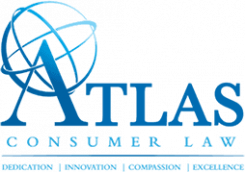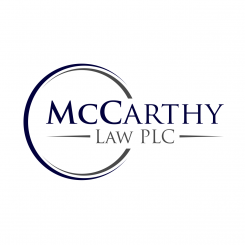- Fix credit report errors at no cost
- Put an end to collections threats & harrassment
- Get help dealing with collections letters
- Fights to protect you against debt collectors
- Free if debts can't be 100% proven
- Fair debt collection practices act (FDCPA) experts
- Works with multiple top law firms in the US
- Matching service based on your specific needs
- Live agents available 24/7
- Offers free in-person consultations
- Experts in debt & credit law
- 100% error removal guarantee
- Simple and stress free legal services
- Experts in debt resolution, mortgage issues, trusts & estates
- Nationwide coverage
Frequently Asked Questions
Question:
What did the Fair Debt Collection Practices Act do?
Answer:
The Fair Debt Collection Practices Act (FDCPA) is the main federal law that governs debt collection practices. The FDCPA prohibits debt collection companies from using abusive, unfair, or deceptive practices to collect debts from you.
Ask an expert: Atlas Consumer »
Question:
Can you sue a creditor for violating the FDCPA?
Answer:
If you think a debt collector has violated the FDCPA, you can sue them for damages. If you prove a violation occurred, you may be awarded $1,000 in damages, plus additional compensation for any actual harm they caused. If you win, the collector may also be responsible for paying your lawyer fees and costs.
Ask an expert: Guards Law »
Question:
Which type of debt is not covered by the FDCPA?
Answer:
The FDCPA applies only to the collection of debt incurred by a consumer primarily for personal, family, or household purposes. It does not apply to the collection of corporate debt or debt owed for business or agricultural purposes.
Ask an expert: Resolve Law Group »
Question:
What debt collectors don’t want you to know?
Answer:
Debt collectors don’t want you to know that you can make them stop calling, they can’t do most of what they tell you, payment deadlines are phony, threats are inflated, and they can’t find out how much you have in the bank. Furthermore, if you’re out of state, they may have no legal recourse to collect.
Ask an expert: Stop Collection »
Question:
What is harassment by a debt collector?
Answer:
Harassment by a debt collector can come in different forms, including repetitious and excessive communications through one or multiple channels intended to annoy or abuse you.
Ask an expert: Atlas Consumer »





